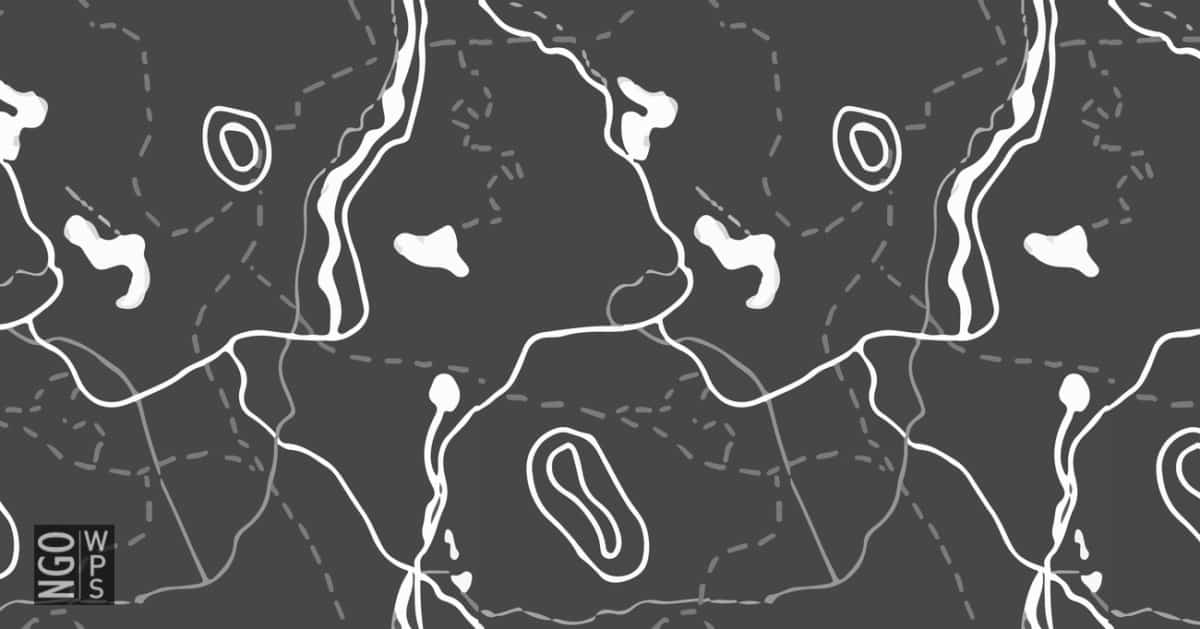Western Sahara
Western Sahara
Western Sahara has been the subject of a decades-long territorial dispute between Morocco and the Algerian-backed Polisario Front, having been arbitrarily partitioned between Morocco and Mauritania following the end of Spanish rule. Negotiations in 1991 and 2007 were both unsuccessful, and Western Sahara remains partially governed by Morocco.
Algeria continues to host approximately 100,000 refugees in Polisario camps, and a majority of camp administrators are women, although women are still imprisoned for adultery and are excluded from the highest ranking posts. Women have actively participated in the Polisario independence movement as both fighters and peaceful protesters, including acting as leaders in the National Union of Saharawi Women, which serves on the frontlines.
Based on the work of NGOWG members and their partners, the NGOWG advocates for including a human rights monitoring and reporting presence that encompasses gender considerations in the the UN Mission for the Referendum in Western Sahara (MINURSO) mandate.
Current and Past Recommendations to the UN Security Council (Monthly Action Points)
There continues to be troubling signs of escalation of the conflict in Western Sahara, with the peace process stalled and the collapse of the ceasefire, the humanitarian situation for remains dire. Journalists and human rights defenders, including women, continue to be targeted through arrests, detention, and harassment. In its renewal of the mandate for the UN Mission for the Referendum in Western Sahara (MINURSO), the Council should:
- Include a new provision calling on gender to be mainstreamed as a crosscutting issue (PK/G/2018.01) in order to ensure that the mission can fulfill its standard peacekeeping functions, including monitoring, evaluating, and reporting on local developments through the appointment of personnel responsible for civil affairs who work systematically and directly with concerned communities.
- Explicitly calls on UN senior officials to ensure active, regular, and ongoing consultations with civil society, including women’s rights groups and women leaders, including human rights defenders and activists.
- Emphasize the importance of women’s participation and the protection and promotion of women’s rights (S/RES/2242 (2015); CEDAW/C/GC/30; CCPR/C/MAR/CO/6).
Relevant Resources










